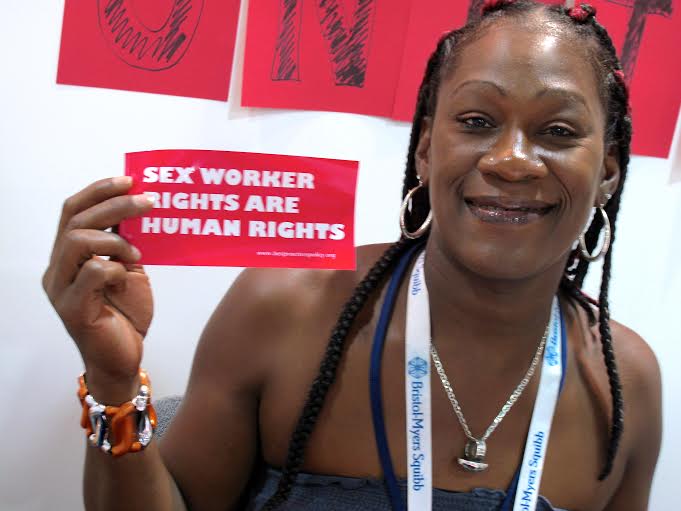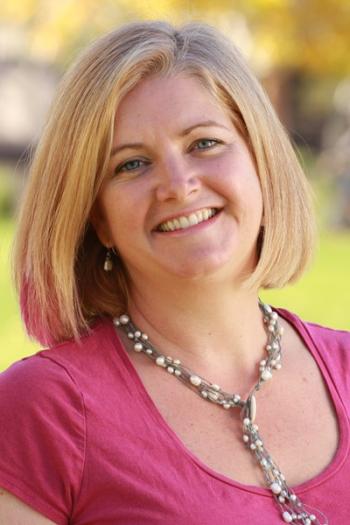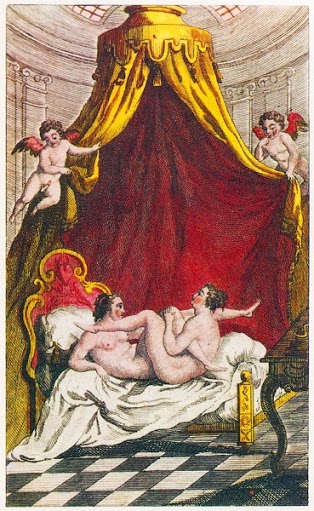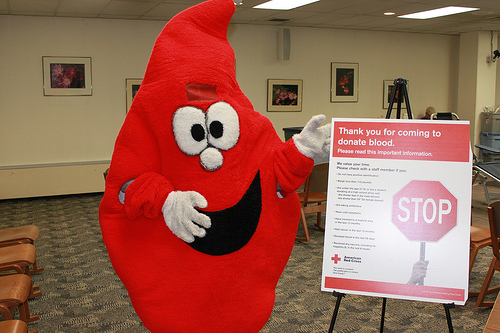Sharmus Outlaw, longtime trans, HIV, and sex workers’ rights activist, died in hospice care at the age of 50 on July 7th from lymphoma. Her death was hastened by systematic healthcare bias: she endured a long delay in processing her Medicaid application because doctors were “confused” by her gender marker, and faced numerous other difficulties… Continue reading Rest In Power, Sharmus Outlaw
Big Mother Is Watching You: The Swedish Model Goes Stateside
In the fifth installment of her column, Big Mother Is Watching You, a guide to prominent anti-sex worker activists and officials, Robin D. outlines the major figures promoting the End Demand/Swedish Model phenomenon in the United States. When the Sex Purchase Ban passed in Sweden in 1999, prostitution was legal there. Proponents of the Swedish Model in the… Continue reading Big Mother Is Watching You: The Swedish Model Goes Stateside
Porno-Enlightenment: How Pornography Propagates A Liberal Worldview
“Modern industry, in overturning the economical foundation on which was based the traditional family, and the family labour corresponding to it, had also unloosened all traditional ties.” – Karl Marx, Capital I open up my browser and type “pornhub.com” into the search bar. Once the page loads, I hover my cursor over “videos” and click… Continue reading Porno-Enlightenment: How Pornography Propagates A Liberal Worldview
The Oakland Police Department isn’t an Anomaly
In just a few weeks’ time, an astonishing pattern of misconduct has been uncovered in the Oakland Police Department that might shock even our readers. At the center of the scandal is a teenage sex worker who goes by Celeste Guap. She alleges that at least three Oakland PD officers sexually exploited her when she was underage.… Continue reading The Oakland Police Department isn’t an Anomaly
Won’t Someone Take My Blood?
One heartening development that came in the wake of Orlando’s tragedy was the massive show of support responding to the call for blood donations for the wounded. During the day on Sunday, people waited for hours in long lines for the chance to help by giving blood. The website of Florida’s blood donation network, OneBlood,… Continue reading Won’t Someone Take My Blood?




